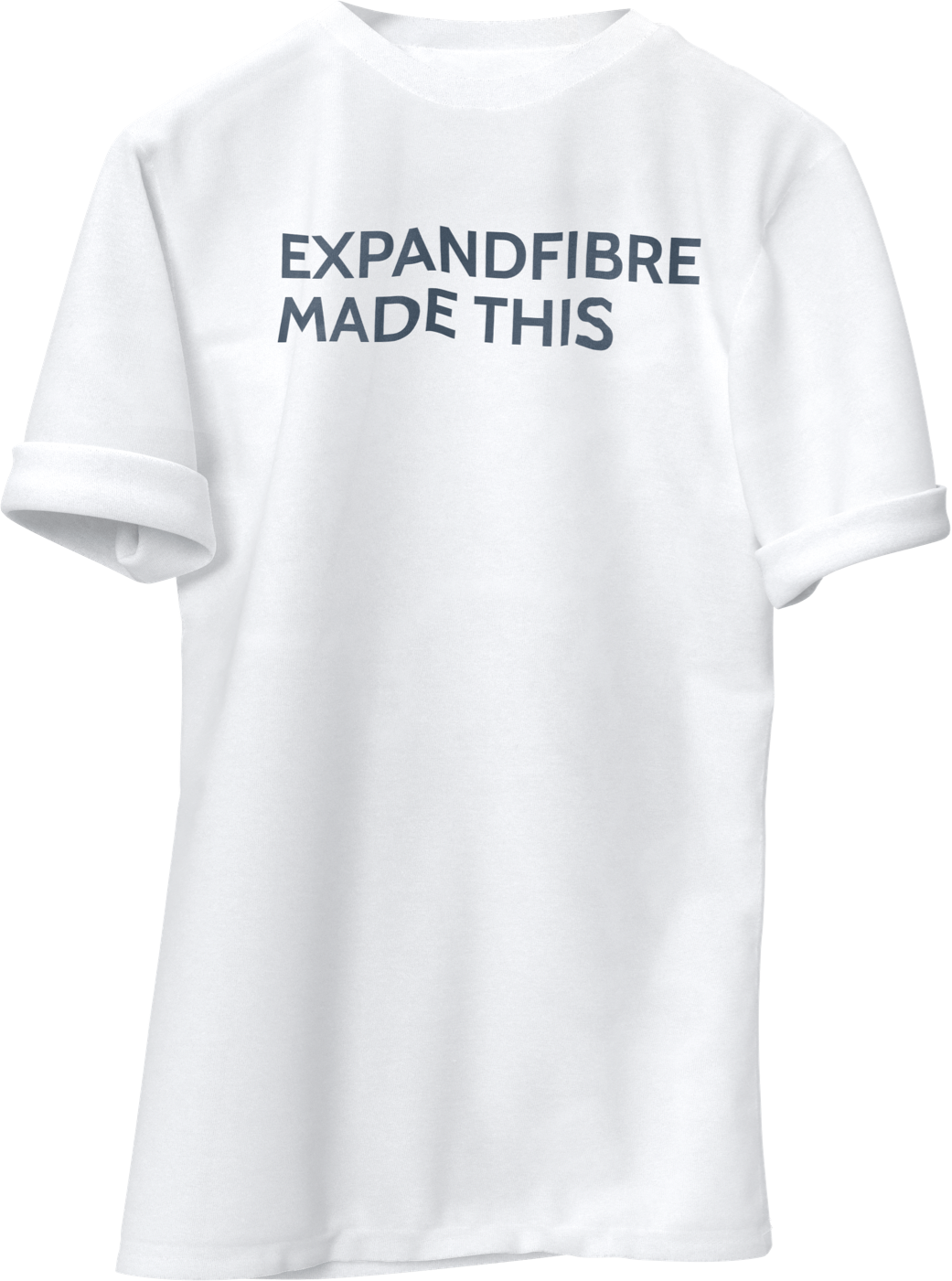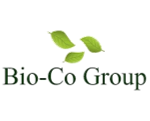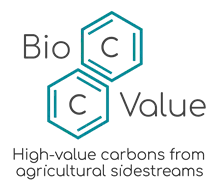ExpandFibre Ecosystem
Organisations and projects joining in the ExpandFibre Mission and working with the ExpandFibre themes
Projects
- Research institutes
- Associations
- Brands
- Industry
- Clusters
- Universities
- SMEs
- Other members
ExpandFibre Programmes
50 M€ R&D entity launched and implemented by Fortum & Metsä Group and co-funded by Business Finland. In the Programmes, Fortum and Metsä work together and separately in various projects that can link with Ecosystem members and projects.
ExpandFibre Ecosystem
The Ecosystem consists of organisations and projects that join in the ExpandFibre Mission and work with ExpandFibre themes. Ecosystem projects apply their own public funding from e.g. Business Finland, EU or other funding agencies.
Projects
Research institutes
Associations
Brands
Industry
Clusters
Universities
SMEs
Other members
ExpandFibre Programmes
50 M€ R&D entity launched and implemented by Fortum & Metsä Group and co-funded by Business Finland. In the Programmes, Fortum and Metsä work together and separately in various projects that can link with Ecosystem members and projects.
ExpandFibre Ecosystem
The Ecosystem consists of organisations and projects that join in the ExpandFibre Mission and work with ExpandFibre themes. Ecosystem projects apply their own public funding from e.g. Business Finland, EU or other funding agencies.
In the ExpandFibre Ecosystem we share the same vision of the future
New bioproducts based on sustainable biomass significantly reduce the negative environmental impact on our everyday lives. Together we join in the ExpandFibre Mission to meet the growing demand for sustainable bioproducts by developing groundbreaking materials and technologies and smart business concepts.
R&D themes and topics of the ExpandFibre Ecosystem
-
Textiles
- New, sustainable textile fibres for wearable textiles and nonwovens
- Staple fibre analytics and performance testing
- New staple fibre applications and post treatment technologies
- Recycling and traceability
- Business models to speed up global market entries
-
Biocomposites
- Raw material processing and converting
- Material properties
- Recycling and end of life
- Biocomposites containing fibres and lignin
- All cellulose composites & natural fibre polymer composites
- Additive chemistry
-
Packaging
- New pulp based plastic replacing packaging solutions
- Tools and processes for designing sustainable packaging
- Barriers and binders based on natural polymers
-
Lignin products
- Lignin fractionation for material applications
- Lignin as functional ingredient for thermosetting resins as well as for thermoplastics and bio composites
- Lignin dispersants
- Novel methods for lignin functionalization
-
Sourcing & fractionation
- Sustainable, low emission agricultural residue supply chains and networks
- New fractionation technologies for processing of agro-residual and woody raw materials
- Process side-stream utilization
-
Other fibre and wood products
- New materials based on pulp fibres and wood for high-volume applications
- Novel chemistry for pulp fibre and wood modification
- Functional structures including hybrid materials
- Advanced 3D and 4D processing methods
- Fibre and specialty cellulose products from pulp, including MFC, MCC and chemically modified cellulose
-
Hemicellulose products
- Hemicellulosic sugar refining and separation
- Xylose, pentoses and furfural as industrial ingredients and platform chemicals
- Polymeric hemicellulose as industrial ingredients and platform chemicals
-
Cross cutting topics
- Replacing plastics and fossil based materials
- Digitalisation & measuring
- Emerging technologies
- Sustainability assessment
- Design for circularity
- Piloting and test beds for new applications
- Following regulatory environment

Objectives
Short term (2020-2024)
- Build knowledge-based competitive advantage among the ecosystem members
- Create/strengthen testbeds for piloting and proof-of-concept validations in the theme areas
- Identify and fill in gaps in the R&D landscape within ExpandFibre themes
- Create a thriving business-driven innovation ecosystem for biomass-based textile fibres
Long-term (2030 and beyond)
- Provide markets with new bioproducts that have less than 20% of the carbon footprint of the current products
- Bring new revenue to ecosystem partners through the increasing production and sale of new value-added bioproducts and technologies.
- Significantly increase investments into biomass-based value chains
Ecosystem management
Fortum and Metsä managed and engaged the Ecosystem by arranging events and workshops as well as by sending regular newsletters to the Ecosystem members. A key activity of the Ecosystem management was to identify gaps in the R&D landscape and initiate the planning of new projects together with the Ecosystem members. To support this, the Ecosystem management collected and reported public data on the progress of the Ecosystem. Ecosystem Steering Group consisted of representatives of Fortum and Metsä Group, as well as of representatives from key partners Aalto University, CLIC Innovation and VTT Technical Research Centre of Finland.
The Transition Phase starting in September 2024 is managed by Metsä Group.








